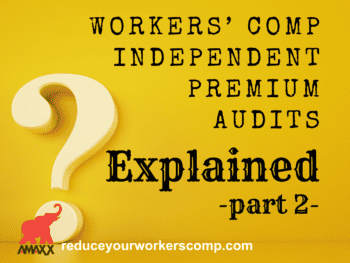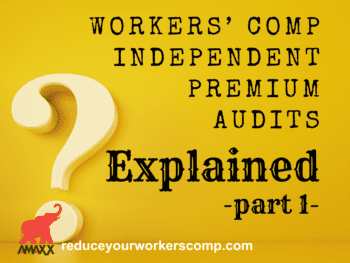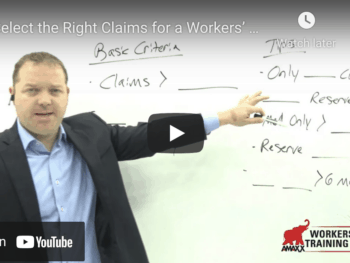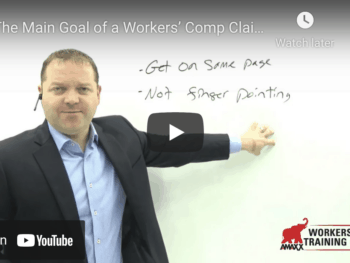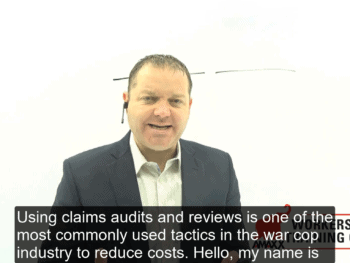
Need to Know If Following Best Practices
The challenge for the risk manager is to know whether or not the work comp claims are being handled properly. The risk manager can personally be involved in each claim for compliance with the Best Practices for Workers’ Compensation claims guidelines, but that defeats the purpose of having company claims adjusters or a TPA if the risk manager has to direct all the work on the claims.
An alternative approach is to have the claims supervisor or claims manager review each claim file for proper claims handling, but that often results in minimal improvement. The claims supervisor or claims manager has a vested interest in not pointing out what could be construed as their failure to properly manage the claim adjusters.
Click Link to Access Free PDF Download
“Workers’ Comp Claims Review Checklist: 9 Must-Have, Serious-Impact Elements”
Determine If You Need An Independent Claims Audit
The best solution to determine the quality of the claims handling is to bring in an independent claims auditor. The independent claims auditor has no conflict of interest when reviewing the claim files and can provide an unbiased evaluation of the quality of your claims handling. Here is a checklist to determine if you need a claims quality audit.
[ ] You have noticed deviations from your Best Practices guidelines
[ ] You have noticed gaps in the investigation of claims
[ ] Information that should have been known during the initial investigation of the claim turns up later in the life of the claim
[ ] The adjusters are not staying current on their diary system
[ ] You have received an inquiry from the Industrial Commission, Work Comp Board, or Insurance Commissioner’s office
[ ] You have received complaint calls from employees or from the employees’ supervisors or managers
[ ] Your claim cost is increasing faster than the rate of inflation
[ ] The average age of your claims is increasing
[ ] Your claims are open longer on average than your industry’ average
[ ] Your loss run contains errors on loss location, injury description, type of claims
[ ] Your claim reserves are being stair-stepped (many reserve changes on one file)
[ ] Your actuary’s recommended reserves differ significantly from the reserve on the files
[ ] You have noticed significant reserve increases right before claim settlement
[ ] You have noticed missed subrogation opportunities
[ ] You have noticed experienced adjusters being replaced with adjuster trainees or significant personnel turnover in the claims office
[ ] The adjusters have high caseloads
A Claim Audit Is Recommended If You Checked One or More Above
If you checked one of the above categories you should consider an independent claim file audit. A claim quality audit is recommended if you have checked two or more of the above categories.

Author Michael Stack, CEO Amaxx LLC. He is an expert in workers’ compensation cost containment systems and helps employers reduce their workers’ comp costs by 20% to 50%. He works as a consultant to large and mid-market clients, is a co-author of Your Ultimate Guide To Mastering Workers Comp Costs, a comprehensive step-by-step manual of cost containment strategies based on hands-on field experience, and is founder & lead trainer of Amaxx Workers’ Comp Training Center .
Contact: mstack@reduceyourworkerscomp.com.
Workers’ Comp Roundup Blog: https://blog.reduceyourworkerscomp.com/
©2018 Amaxx LLC. All rights reserved under International Copyright Law.
Do not use this information without independent verification. All state laws vary. You should consult with your insurance broker, attorney, or qualified professional.


